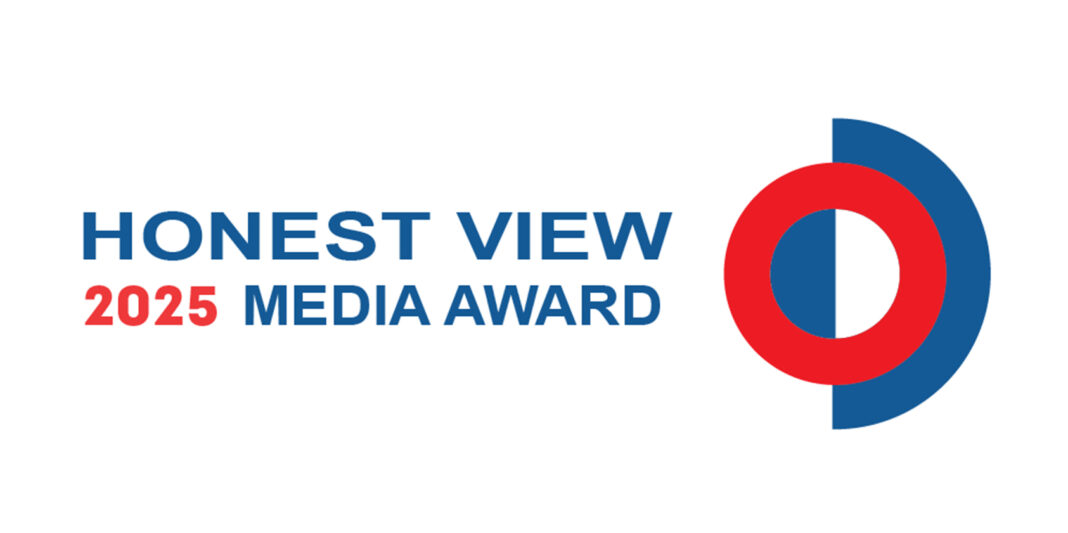By Tamrat Mengesha
Valuation is a critical pillar in any modern economy. It underpins financial reporting, capital markets, mergers and acquisitions, taxation, litigation, and investment decision-making. Yet, in Ethiopia, valuation remains a fragmented and unregulated profession, carried out without legal ownership, professional standards, or recognized qualifications. The absence of a comprehensive framework has caused significant damage to trust and confidence in our financial sector—a gap that must urgently be addressed if Ethiopia is to realize its ambition of building a vibrant and credible financial system.
Ethiopia’s Reform Journey: Lessons from Accounting and
Capital Market Regulation
In 2014, Ethiopia enacted Proclamation No. 847/2014, mandating companies to adopt IFRS for SMEs, Full IFRS, and IPSAS. This proclamation has also mandated the establishment the Accounting and Auditing Board of Ethiopia (AABE), a regulatory body that has since overseen the accounting and auditing profession. While challenges remain, the accounting profession has seen visible progress since its regulation.
Similarly, in 2021, Ethiopia passed Proclamation No. 1248/2021, establishing the Ethiopian Capital Market Authority (ECMA) and the Ethiopian Securities Exchange (ESX). In just a few years, the capital market legal framework has taken root, paving the way for IPOs, securities trading, and investor participation under a regulated environment.
These reforms show that when a profession is backed by law and governed by a regulator, credibility improves, professional standards are set, and the economy benefits. Unfortunately, valuation—a profession at the heart of these reforms—remains in legal limbo.
Why Valuation Matters
Valuation touches every critical aspect of Ethiopia’s financial modernization:
• Capital Markets – Companies listing on ESX need fair valuations to attract investors.
• Mergers & Acquisitions (M&A) – Banks facing recapitalization under NBE’s directive
require credible valuations of assets and equity.
• Financial Reporting – IFRS and IPSAS demand valuation of assets, financial instruments, and fair value disclosures.
• Litigation & Taxation – Courts and tax authorities rely on professional valuation in disputes and assessments.
Yet today, valuations in Ethiopia are often conducted by untrained individuals, with no Valuation Professional Organizations (VPOs), no regulator to set qualification standards, and no adoption of International Valuation Standards (IVS). This creates room for inconsistencies, inflated or understated values, and ultimately, a lack of trust in financial transactions.
Lessons from Neighboring Countries
Ethiopia is lagging behind its peers. Many neighboring African countries have recognized valuation as a regulated profession, established VPOs, and joined the International Valuation Standards Council (IVSC). For example:
• Kenya – The Institution of Surveyors of Kenya regulates valuation, and Kenya is a member of IVSC, ensuring alignment with global practices.
• Tanzania – Through its Valuers Registration Board, valuation is licensed and monitored, increasing confidence in real estate and financial transactions.
• South Africa – The South African Institute of Valuers (SAIV) is a full member of IVSC, ensuring professional development, ethics, and global recognition.
These examples highlight how regulatory frameworks not only protect markets but also integrate national economies into global financial systems, attracting investment and enhancing transparency.
Strategies for Ethiopian Lawmakers
To close this critical gap, Ethiopia needs a Valuation Proclamation that establishes a clear legal and institutional framework for the profession. Key strategies include:
1. Establishing a Regulatory Authority – Either as an independent Valuation Board or within an existing body like NBE, ECMA or AABE tasked with oversight, licensing, and discipline.
2. Creating Valuation Professional Organizations (VPOs) – These bodies would register, certify, and build the capacity of professional valuers.
3. Adopting International Valuation Standards (IVS) – Just as IFRS and IPSAS were adopted, IVS should be mandated as the uniform standard for all valuations.
4. Capacity Development – Universities and training institutes should be empowered to develop valuation curricula, certifications, and continuous professional development programs.
5. Joining IVSC – Ethiopia should seek membership to align with global best practices, enhance credibility, and create opportunities for Ethiopian valuers internationally.
Recommendations
1. Immediate Action by Parliament – Draft and enact a Valuation Proclamation to provide a legal basis for the profession.
2. Collaboration between Regulators – NBE, ECMA and AABE, should jointly push for valuation regulation, given their dependence on reliable valuations.
3. Engagement with Regional Partners – Ethiopia should study the regulatory experiences of Kenya, Tanzania, and South Africa to avoid pitfalls and adopt best practices.
4. Public-Private Partnerships – Encourage professional associations, universities, and private firms to participate in building the valuation profession.
5. Awareness and Advocacy – Stakeholders in banking, insurance, real estate, and capital markets must advocate for valuation reform as a cornerstone of financial sector liberalization.
Conclusion
Ethiopia has taken commendable steps in reforming its financial system—first in accounting, then in capital markets. But valuation remains the missing link. Without a legal framework, valuation will continue to be carried out inconsistently, undermining trust and stability at a time when Ethiopia is opening its financial sector. If lawmakers act decisively to regulate the profession, establish VPOs, and adopt IVS, Ethiopia can safeguard its financial reforms and unlock the confidence needed to attract both domestic and foreign investors.
Valuation is not optional—it is foundational. Ethiopia cannot afford to delay.
Tamrat Mengesha is a finance and investment professional holding the Chartered MCSI designation from the Chartered Institute for Securities & Investment, as well as ACCA and CMA qualifications.





